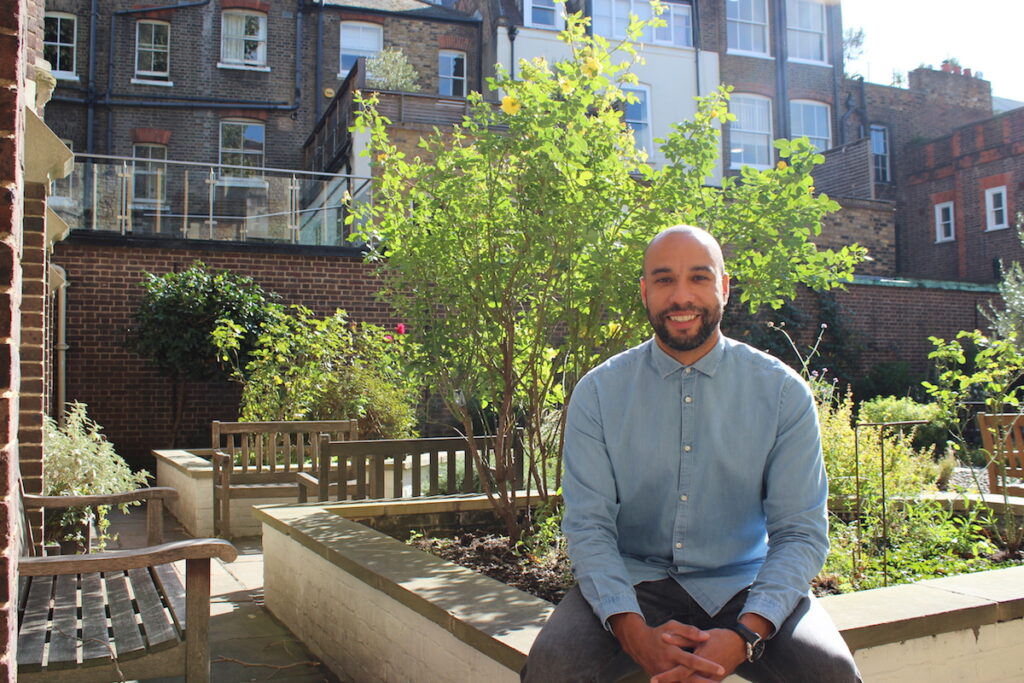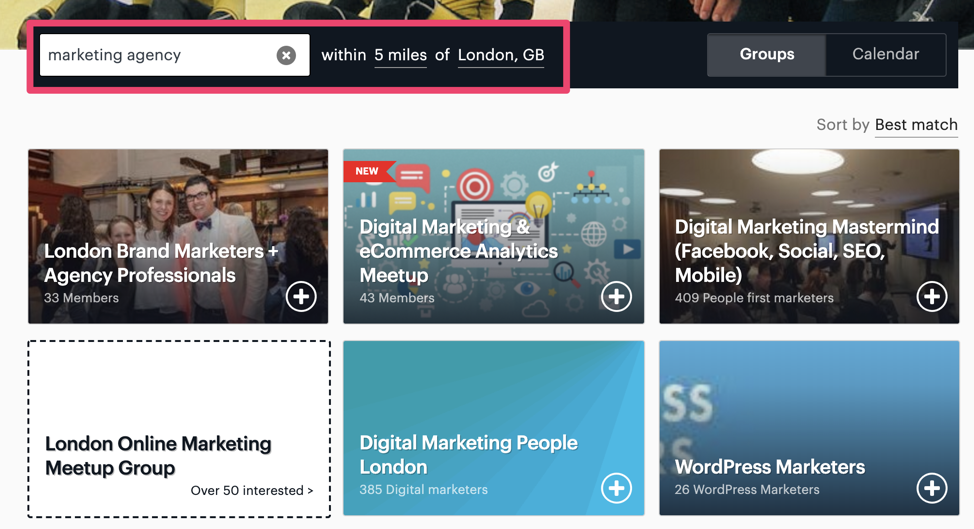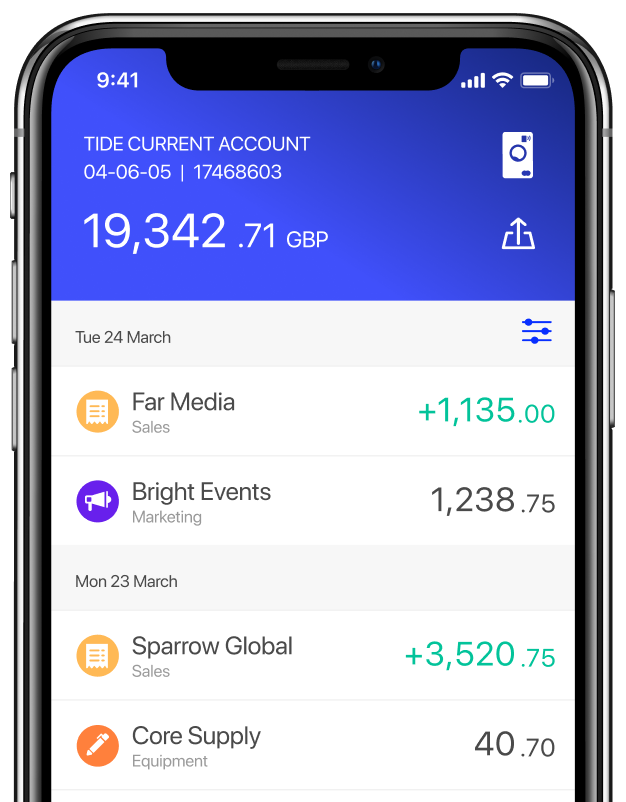
How to look after your mental health and combat loneliness as a startup founder

Looking after your mental health
Did you know it’s common for entrepreneurs to feel lonely? In a recent study, nearly half of small business owners who were surveyed said that they have “nobody to confide in” about their problems and stressors. As a result of this, 44% of them feel they’re unable to do the best possible job for both them and their staff. The survey was commissioned by Claudio Gienal, chief executive officer for AXA UK and Ireland, and he said: “It can be a very lonely place being an SME owner, which is why it is so important to ensure you can confide in someone who can relate to how you feel.”
While it’s inevitable to feel less than great sometime, there are ways to combat loneliness as a start-up owner.
In this article, we take a look at some practical approaches to taking care of yourself while you build a successful business.
Table of contents
- Making a case for wellbeing in entrepreneurship
- Looking after your mental & physical health
- 5 practical ways to deal with loneliness as a founder
- Wrapping up
Making a case for wellbeing in entrepreneurship
For solo-founders, taking care of yourself is more important than ever. If you’re in the early stages of building your startup, you might feel more pressure to work long days (or nights), and sacrifice things that were once important.
You may have a great team, and even spend a healthy amount of time with friends and family. But that doesn’t mean you don’t experience loneliness. And if you start to feel alone to the point of unhappiness, it’s time to take action.
A study conducted by the University of Chicago found that people who feel lonely are likely to have less effective immune systems.
As an entrepreneur, that’s not a good place to be.. You need to be at the top of your game, given the amount of mental and physical strain building a new business can put on your body and mind.
Looking after your mental & physical health
Many successful business owners have figured out how to make their mental and physical health a strategic priority. They invest in their well-being because they know it will ultimately make them feel better in their day-to-day life. And feeling better means performing better, so it’s a win-win.
But don’t take our word for it. According to a 2019 paper in The Journal of Business Venturing titled “Entrepreneurship and well-being: Past, present, and future”, entrepreneurial well-being is defined as:
“The experience of satisfaction, positive affect, infrequent negative affect, and psychological functioning in relation to developing, starting, growing, and running an entrepreneurial venture.”
So, how does one achieve this state of entrepreneurial well-being? The article goes on to state that the most successful business owners are the ones that achieve fulfillment through social connection. This positivity then flows back into their work and personal lives, which creates a “virtuous well-being cycle”.
Living a lifestyle where you build social connections to combat loneliness won’t solve all of your problems. But, if you focus on tweaking your routine to prioritise overall well-being, you’ll see immediate improvement.
It starts with the little things first, like exercising and eating healthier, as mentioned above. Learning how to turn off your brain and spend more ‘you’ time away from work is also key.
This is something that Tide member, Andi from Eximo, has put into practice:
“It’s only when you realise that if you get ill, you don’t earn any money that you start to think, “Oh, I have to look after myself.” So, I’ve now started placing a real value and premium on sleep, bedtime routines and exercising.

“I don’t feel bad about doing it. It’s important because if I get ill, I don’t make any money. So, I have to stay fit. I have to stay healthy.”
We also talked to our member Lorenzo Salami, Founder of Salami Events about the importance of taking breaks.

“As I grew up on a farm, whenever I go back to being in nature, I feel a stronger connection with my roots, with what made me become a chef. Taking breaks is very helpful and necessary to allow my brain to get inspired by nature. Also, we live in some incredibly chaotic times, and I work in a high-speed and ever-changing industry. Being in nature helps me slow down my internal beat and refocus on what truly matters. That is, refocus on my well-being, mental and physical health, and connections with my partner, family and close friends as sometimes, these might be a little overlooked in the rush of administrating and running the business.”
Once you reset your priorities, you’ll have the energy you need to focus your attention on gaining and maintaining social connections. This brings us to our next section.
5 practical ways to deal with loneliness as a founder
We have compiled a shortlist of effective approaches to dealing with loneliness, anxiety and mental health as you progress through your journey as an entrepreneur.
1. Networking & group accountability
Networking is a key part of a healthy routine. One that helps you get out of a “funk” and maintain clarity.
If you already have friends who are building businesses of their own, reach out to them and offer to hold weekly catch-ups. Tell them the idea is to help you share your challenges among people you trust.
Or, when moving outside your immediate social circle, look to connect with founders who:
- Run similar (but non-competing businesses) to yours
- Are at a similar stage of their startup journey to you
These two are a great place to start, as they’re likely looking to overcome (or have already overcome) similar challenges to you, especially when it comes to combating loneliness.
Finding these people can take some time. Start by asking your immediate network if they know anyone at a similar stage to you. Head to Twitter and ask around, or search on Meetup for events with people running similar businesses to you:

It can take time to build up enough trust. But even attending these meetups and talking about your challenges on a surface level will reassure you that you’re not alone. It can also reinvigorate your focus and remind you why you’re building what you’re building in the first place – which is really helpful when facing doubts.
2. Set time for social activity
It can be easy to forget that we have a life outside of business. And while it’s great to network with other founders, don’t forget about the friends you already have.
Family, old school friends, friends from your hometown and past colleagues know you better than most people. In fact, you may find there are times where they know something is bothering you even before you do.
Don’t be afraid to reach out and talk with those you trust. They may bring a new perspective to challenges and feelings you may not have thought about.
Make sure to spend time with people you find energising or who support you. Commit time to these people, mark it in your diary and stick to it.
This will help you get outside your bubble, and give you something to look forward to as you progress through the week.
3. Meditate
This might not be for everyone, but meditation has been part of the human cultural fabric for centuries –especially in the eastern world. Recently, it’s increased in global popular culture, and for good reason.
There are many mental and physical benefits to meditating, and the benefits can be explained by science. Let’s take a high-level look at how it positively affects our systems:
- Improvement of cognition ability and improved verbal and non-verbal reasoning: A study conducted by Consciousness and Cognition found that meditation improved cognition ability, as well as improving verbal and non-verbal reasoning and the ability to retain information.
- Reduce the effects of anxiety and depression: Another study published on PNAS discovered that those within a group assigned meditation exercises reported lower levels of anxiety and depression, along with an increased feeling of well-being.
- Improvement in quality of sleep: When cancer patients were put on a stress-reducing meditation routine, they found that they experienced a significant reduction in stress and fatigue, and that their sleep quality increased.
As founders, getting your brain to focus without distraction is a valuable skill. And as you can see from the data, when practised, meditation can be the key that unlocks this level of performance.
To get started practising meditation, you could try out free content available from two of the most popular apps, Headspace and Calm. Headspace has created a set of free resources to support people during coronavirus: Headspace: Weathering the storm. Similarly, Calm have curated a set of free resources, available on their blog: Calm Together.

Or, you can use simple exercises, like the following provided by Yoga and Meditation site Gaiam:
- Sit or lie comfortably. You may even want to invest in a meditation chair or cushion.
- Close your eyes. We recommend using one of our Cooling Eye Masks or Restorative Eye Pillows if lying down.
- Make no effort to control the breath; simply breathe naturally.
- Focus your attention on the breath and on how the body moves with each inhalation and exhalation. Notice the movement of your body as you breathe. Observe your chest, shoulders, rib cage, and belly.
- Simply focus your attention on your breath without controlling its pace or intensity. If your mind wanders, return your focus back to your breath.
However you do it, make it a regular practice and, at the very least, test it out for a short period of time.
4. Exercise regularly (by doing things you love)
A good exercise routine, while a great way to boost your physical performance, is also key for your mental health and overall health.
On top of this, it can help you be more productive, feel more focused and help you seem more confident. All of this will enhance your abilities as an effective communicator and leader.
In fact, a study conducted for NCBI found that regular exercise can significantly improve cognitive abilities, memory and decrease stress.
Instead of looking at exercise as an obligation, use it as a way to do something you love, or reach specific health and fitness goals. For example, if you’re looking to build more muscle, start following a weight-lifting and strength routine.
5. The power of morning and evening routines
There’s no denying that building structure around our lives creates more stability. That’s why morning and evening routines have become so popular among entrepreneurs and c-level executives in recent years.
Routines are designed to effectively start the day right, and wind down in a way that makes you feel ready to tackle the next.
Even Benjamin Franklin believed in evening routines, using his as a time to answer the question “what good have I done today?”
It’s good to get inspired by other entrepreneurs, but there’s no one-size-fits-all when it comes to routines. Instead, build yours around your business objectives, needs and interests. For example, your morning routine could include:
- Exercise: Get in 30 mins of cardio or weight training before work
- Meditation: Clear your head and build focus
- Breakfast: Cooking a healthy breakfast can be a form of mindfulness in itself, and a healthy breakfast will set you up for the rest of the day
- Learn: Read a book, or study the next module of a course you’ve invested in
What about evening routines? A few examples to help you end your day include:
- Review your goals: Did you achieve everything you wanted to do today? Use this time to reflect on what you can do more effectively
- Set goals for tomorrow: What are your top priorities for the next day? Set your “most important tasks” (MIT) and block time to get them done
- Do something you love: Even if that means watching an episode of The Office on Netflix, or reading a book you’re engrossed in. Take time to detach yourself from work with something that brings you joy
- Set family time: If you’re an entrepreneur with a partner and/or kids, make sure to set time to spend with them every day
This list isn’t exhaustive: these are some basic ideas to get you started. Block out time for your morning and evening routines on a daily basis and make sure you stick to them. These routines will help bring a little more structure around your day, making the uncertainty of running a startup feel less chaotic.
Mental Health Masterclass with Tide members
During the summer 2020, we spoke to some of our Tide members who operate in the physical and mental well-being space about the mental health journeys they have experienced during their careers.
We also looked at the impact of COVID-19 on mental health and provided our masterclass attendees with some actionable knowledge that will help managers, teams and individuals with their mental health and the mental health of others.
Here is the recording of our Mental Health Workshop:
Wrapping up
Looking after your mental health and well-being when building a business should be a priority. If the engine under the hood (that is, your brain) is clogged up with anxiety and stress, you’re not going to perform at your best.
We’ve given you some approaches to get started with this, but we know everyone is different. What works for one entrepreneur might not work for you. Take “cold showers”, for example. While they’ve become popular among high performers, I know many who would rather enjoy a more comfortable bathing ritual!
Instead, identify the areas of your life where you feel friction. What do you feel your life needs more (or less) of? Adopt activities and practices that remove that friction, and build routines around them for more stability.
Once you’ve turned new habits into successful routines, spend the necessary time building social connections to kick any residual loneliness to the curb. With healthy habits and improved social connections, your business and personal life will thrive.
To find out about our next live webinar and upcoming events follow us on Facebook, Twitter, Instagram and LinkedIn.
Photo by Cristofer Jeschke, published on Unsplash




